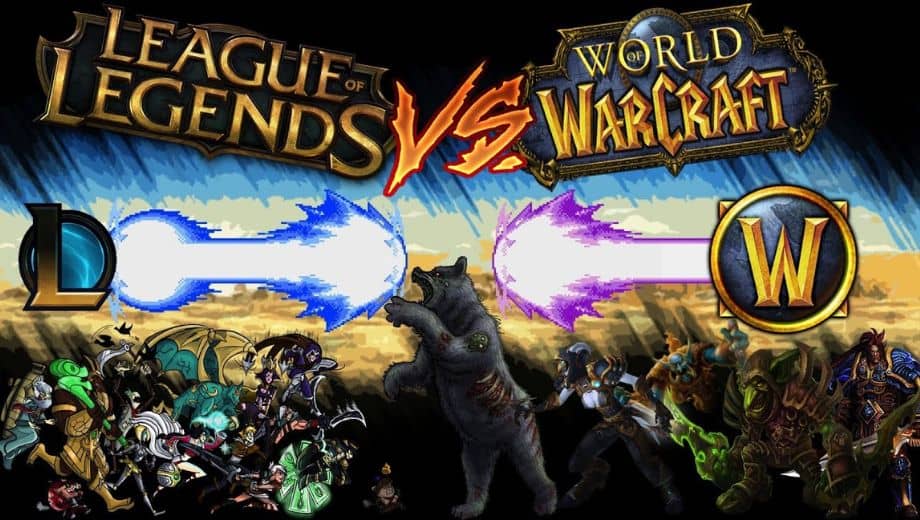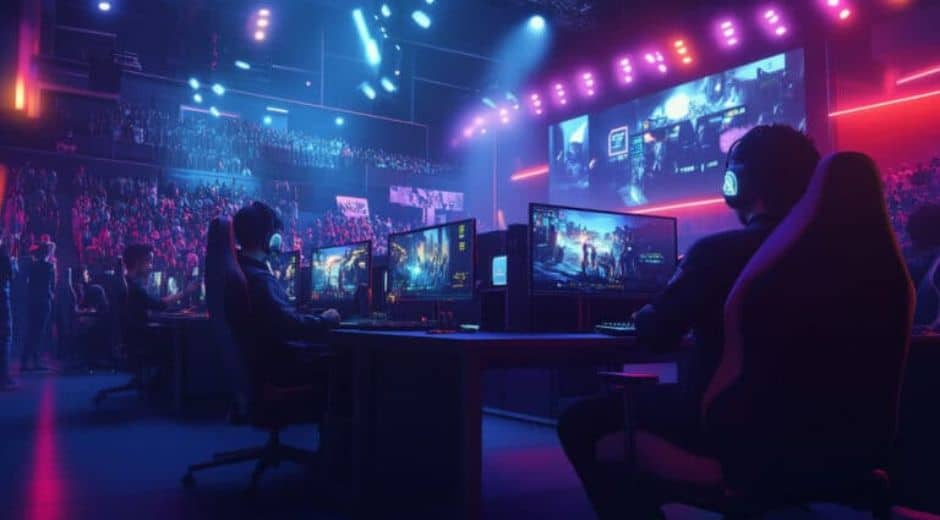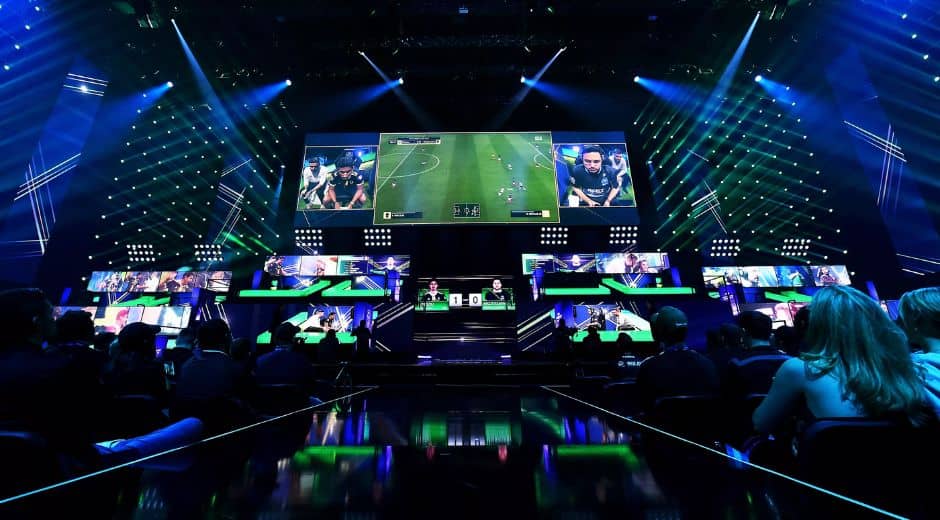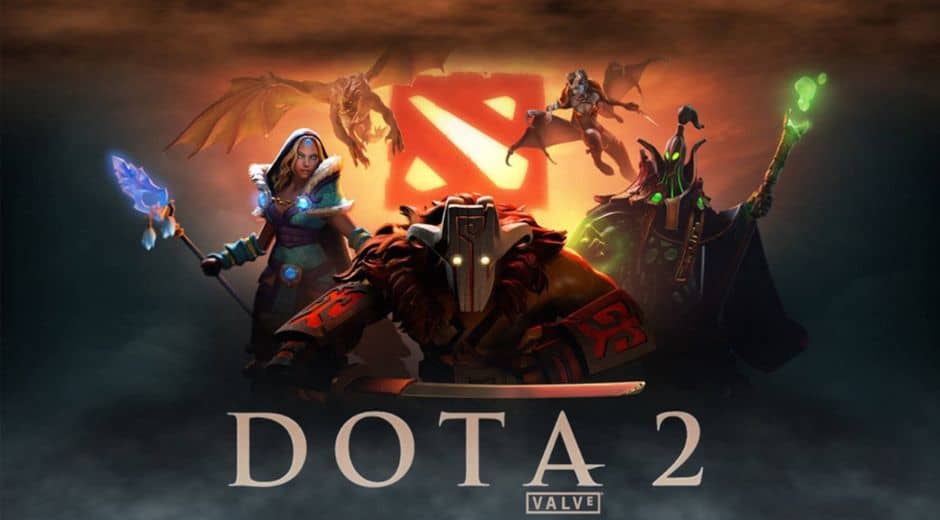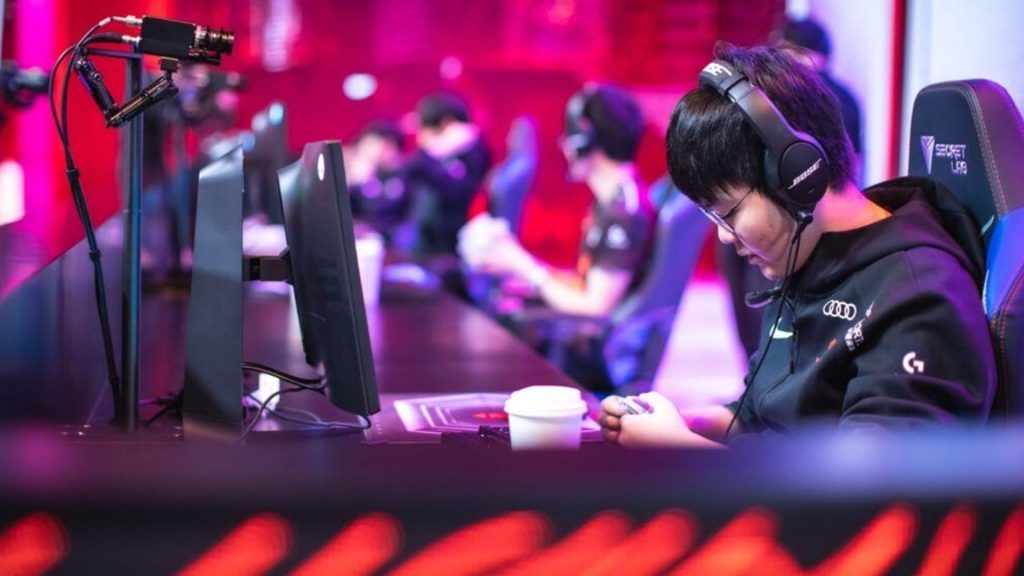The Business of E-sports: Sponsorships and Global Reach
The Business of E-sports: Sponsorships and Global Reach
Over the past decade, E-sports has evolved from a niche hobby into a global phenomenon worth billions. What started as small tournaments in local arenas has transformed into a professional industry filled with sponsors, streaming deals, and international fame. The Business of E-sports is now one of the fastest-growing sectors in entertainment, rivaling even traditional sports in audience size and revenue.
From Hobby to Industry
In its early days, E-sports was driven by passion rather than profit. Players gathered for fun and competition, often with little financial reward. But as audiences grew and live streaming exploded, opportunities for real Business began to take shape. Platforms like Twitch, YouTube, and Kick became the main stages, and the market’s potential attracted major investors.
Organizations began to emerge with full corporate structures — marketing teams, coaches, analysts, and brand managers. E-sports was no longer just about the game; it became a Business model with global scalability and real economic impact.
Today, the industry’s annual revenue surpasses a billion dollars, driven largely by sponsorships, advertising, and merchandise.
Sponsorships: The Backbone of E-sports Growth
Sponsorships are the heartbeat of the E-sports economy. Major brands — from gaming hardware giants to energy drinks and car manufacturers — now compete for visibility within tournaments.
Companies like NVIDIA, Red Bull, and Intel have become household names within the community, sponsoring major leagues such as ESL, BLAST, and The International. Their investments not only bring credibility but also fuel technological advancements that enhance the viewing experience.
For professional teams, sponsorships represent stability. They cover travel, salaries, training facilities, and equipment. This mutual relationship — brands seeking exposure and teams seeking sustainability — is what makes the Business ecosystem thrive.
The Branding Revolution
E-sports organizations are no longer just teams — they’re brands. Names like Team Liquid, G2, and FaZe Clan have turned competitive gaming into lifestyle movements.
Branding in this industry isn’t just about logos; it’s about identity. Each team crafts a unique image, tone, and culture that resonates with fans. Social media amplifies that connection, turning players into influencers and tournaments into events that trend globally.
Even non-gaming companies have taken notice. Fashion labels and tech firms alike are forming partnerships that merge entertainment, design, and digital innovation. The result? A cross-industry collaboration that blurs the line between pop culture and competitive play.
At its core, successful branding transforms a team from a group of players into a Business that transcends the game itself.
Streaming and Content Creation
The E-sports ecosystem thrives on content. Beyond competitions, teams and players generate massive revenue through streaming, YouTube videos, podcasts, and behind-the-scenes documentaries.
Streaming platforms enable players to build personal brands and interact directly with their audiences. This shift has redefined the Business of fan engagement — moving from one-time purchases to ongoing relationships.
When a player streams a new title or a practice session, sponsors gain exposure, and fans feel a sense of inclusion. It’s an elegant cycle: content builds community, and community builds profitability.
Global Expansion and Market Reach
E-sports is no longer confined to North America or South Korea. It has taken root in Europe, the Middle East, and even Africa. Local tournaments and regional leagues continue to expand, fostering new talent and connecting communities worldwide.
What makes the Business of E-sports unique is its accessibility. Unlike traditional sports, which require physical infrastructure, E-sports can thrive wherever there’s a stable internet connection. This democratization of competition allows anyone with skill and dedication to rise through the ranks.
Moreover, cross-cultural collaboration is now a standard part of the industry. Teams have multinational rosters, events are broadcast in multiple languages, and fan bases are truly global. The scalability of this Business model is unprecedented.
Technology Driving the Industry
The role of technology in the rise of E-sports cannot be overstated. From advanced GPUs to high-refresh-rate monitors, innovation fuels performance.
Companies like NVIDIA have led the way, providing the hardware backbone that enables smoother gameplay, advanced graphics, and cutting-edge AI analysis. As graphics technology continues to evolve, competitive integrity improves, creating fairer and more immersive experiences for both players and fans.
Even platforms beyond gaming are taking notice. For instance, sites like Zoopora, which explore nature and wildlife, highlight how digital experiences can intersect with education and creativity — much like how E-sports merges entertainment and technology in powerful ways.
The Role of Data and Analytics
Data has become one of the most valuable assets in the Business of E-sports. Teams use real-time analytics to track performance, study opponents, and improve strategies.
AI-driven tools now evaluate reaction times, decision-making efficiency, and even communication patterns. These insights help players refine their skills and coaches make data-backed calls mid-game.
Beyond the competitive sphere, analytics also shape marketing strategies — determining when to post, how to reach audiences, and what content performs best. This fusion of technology and Business intelligence continues to elevate the industry’s professionalism.
Challenges Facing the Industry
Despite its meteoric rise, E-sports faces challenges. Financial sustainability is still a concern, as many organizations depend heavily on sponsorship revenue. Prize pools can fluctuate, and monetization beyond ads remains a work in progress.
Additionally, the intense schedule and pressure can take a toll on players’ mental health. Balancing training, public appearances, and personal life is difficult in an industry that never sleeps.
Finally, regulation and governance are evolving. Unlike traditional sports with centralized authorities, E-sports remains decentralized, making global standardization difficult.
Yet, these challenges are signs of a growing, maturing Business — one learning to balance expansion with stability.
Looking Ahead: The Future of E-sports Business
The future of E-sports lies in diversification. Teams are expanding into entertainment, real estate, and lifestyle products. Some are opening training facilities that double as tourist attractions or launching their own digital currencies.
Meanwhile, game publishers are experimenting with new tournament models that give fans direct participation. Imagine voting for maps, formats, or even storylines — interactive engagement that turns spectators into stakeholders.
With cloud technology advancing and 5G spreading, streaming and mobile competition will continue to dominate. The Business landscape will shift toward community-driven, hybrid entertainment experiences that blend gaming, tech, and culture.
Conclusion
E-sports has evolved into more than just a form of digital competition; it’s a vibrant Business ecosystem uniting brands, fans, and technology under one banner. From sponsorship deals and branding strategies to data analytics and global tournaments, it represents a model of innovation in action.
For readers looking to stay updated with this rapidly growing scene, check out GamingNewsHead — your go-to hub for everything E-sports, technology, and gaming culture.
As technology and creativity continue to converge, one thing is clear: the Business of E-sports isn’t just about playing games — it’s about redefining what the future of digital entertainment looks like.
Gaming Made Simple

Enemy AI Behaviors That Push Players To Adapt And Improve
Enemy AI Behaviors That Push Players To Adapt And Improve

Inventory Management Systems That Make Or Break RPG Flow
Inventory Management Systems That Make Or Break RPG Flow

Skill Trees That Redefine How You Build Your Favorite Characters
Skill Trees That Redefine How You Build Your Favorite Characters







